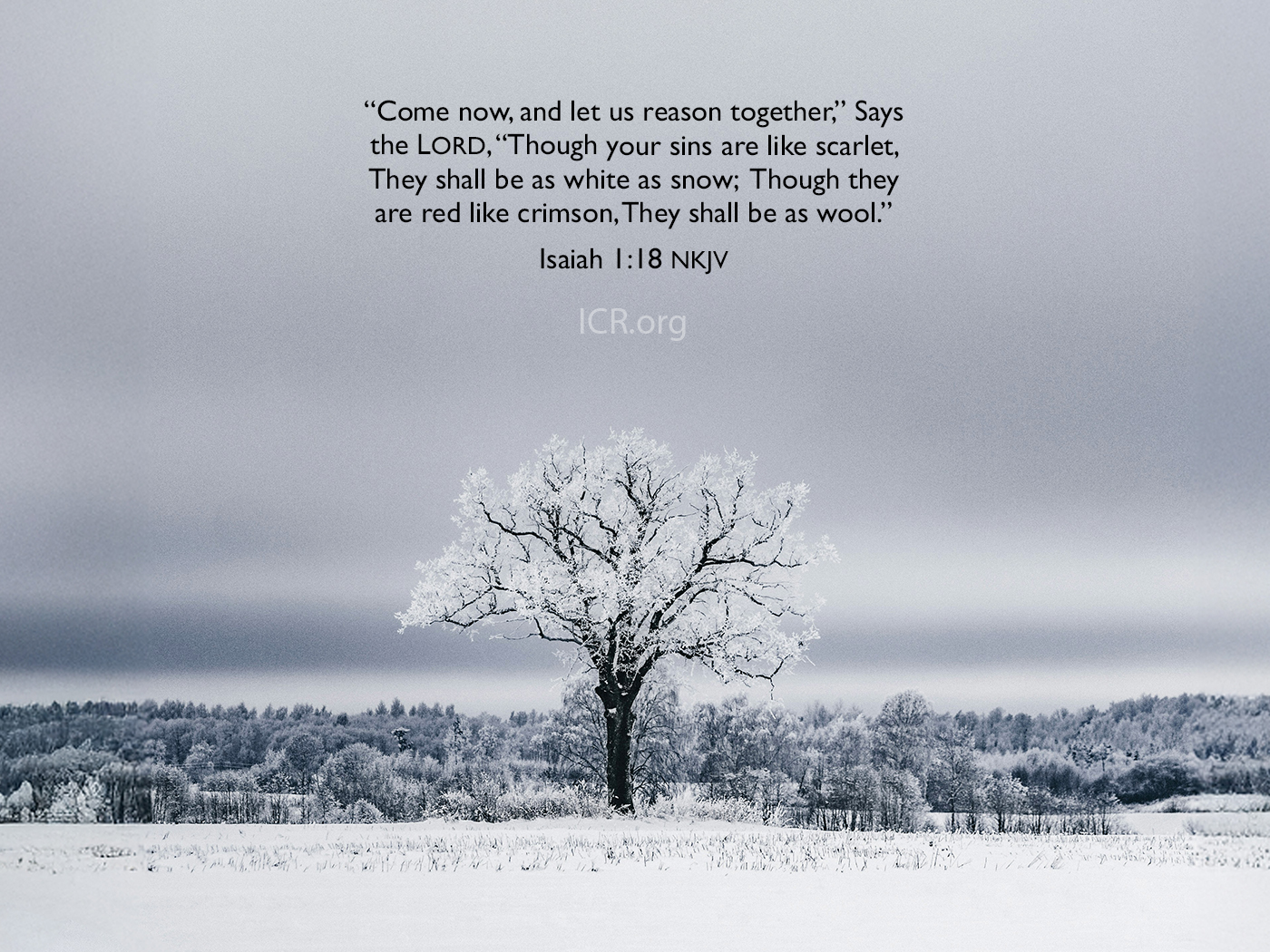The day-age theory, which posits that the creation days of Genesis were not 24-hour days but long "ages" spread over many years, is often used by old-earth creation adherents to compromise the creation account with evolution. Some even claim that the seventh day on which God rested is still going on today!
Hebrews 4:1-11 is sometimes cited in an attempt to demonstrate that the seventh day is still in progress. Since the Lord rested from His creative work on the seventh day and since He is no longer doing that work, it is proposed that the Lord is still resting, even now. So, if the seventh day is a long period of time, then so are the other creation days, and the supposed multi-billion-year history of the universe is intact.
But the Hebrews passage is not ambiguous, and such an interpretation is the exact opposite of its intended meaning. The whole context of Hebrews 4 supports a single, unified, and completed work of creation on days one through six, and a single act of rest on day seven. This rest is specifically tied to the cessation of the work of the creation week. First, the writer states at the end of verse 3, "The works were finished from the foundation of the world." Second, in verse 4 the work is explicitly tied to Genesis 2:2: "And he rested on the seventh day from all of his work which he had made."
The meaning and use of the verb "rest" is key to accurately understanding the actions. The Greek word for "rest" in verse 4 is katepausen from the root katapauo. This word means to "stop," "cease from," "bring to an end," or "bring to rest." Grammatically, the verb is in the Greek aorist tense, indicating that the time of action is past and the kind of action is punctiliar (related to a specific point in time). By using this tense--and without any contextual constraints indicating otherwise--the Lord's rest must be regarded as a single act and may not be regarded as still in progress or as any type of linear action. God's cessation from work was an action and not a state of being.
Interestingly, Greek translations of the Old Testament use the exact same word and tense for the Lord's rest in Genesis 2:2. Regarding the Lord's initial work of creation, He completely stopped and is stopped. Regarding His rest, He completely rested from that work and is not resting from that work now. The Lord's rest started and ended on a specific, real, 24-hour-long day--day seven after creation.
So how should the day in which God "ceased from" His work be understood? Day seven of the creation week, the "rest" day, is God's one-time formal declaration that His creation work has "ceased." It was the unveiling, or "ribbon-cutting," of the completed creation, and the sabbath was established as a memorial to commemorate this great work of God. It is a human-derived, but unbiblical, construct to conclude that because the Lord is no longer actively creating "heavens and earth," He is, therefore, continually resting. Based on the fact that "God blessed the seventh day, and sanctified it: because that in it he had rested from all his work" (Genesis 2:3), He instructed His people to set aside one, literal, 24-hour day out of seven to do, or not do, specific activities (Exodus 20:10-11). This parallel to the work-rest pattern for a seven-day period only makes sense if these are 24-hour days.
Christians can also share in God's completed work. True believers are assured that they have entered into the Lord's rest: "For we which have believed do enter into rest" (Hebrews 4:3). This is in contrast to those who heard the word of God but hardened their hearts through unbelief, of whom the Lord said, "I sware in my wrath, They shall not enter into my rest" (Hebrews 3:11). The believers who have died and gone to be with the Lord (Hebrews 4:10) have rested--stopped at one point in time--from their work here on earth, and those still alive (Hebrews 4:11) will finally rest from (cease) their earth-bound labors in the future. What a blessing awaits those who are in Christ!
* Dr. Guliuzza is ICR's National Representative.
Cite this article: Guliuzza, R. 2009. The Completed "Rest" of the Lord. Acts & Facts. 38 (3): 12.














